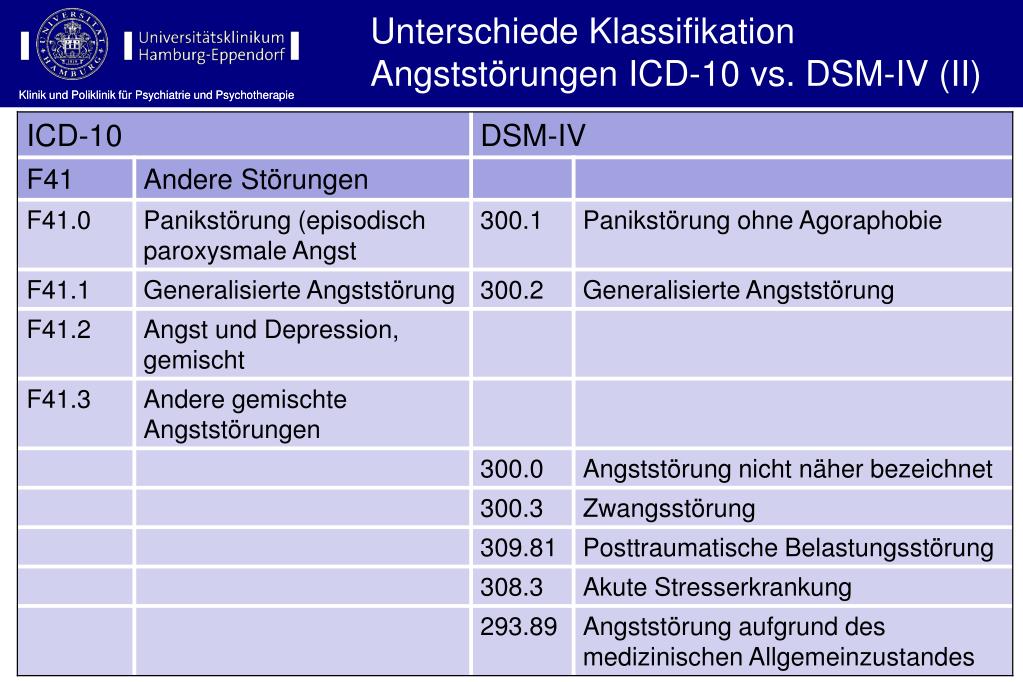

The Copenhagen Burnout Inventory, which was introduced in the early 2000s, gauges burnout at three scales: personal burnout, work-related burnout, and client-related burnout. These components, however, are usually part of a continuum that may include overlapping symptoms of cardiovascular, gastrointestinal, musculoskeletal, cognitive, and affective origin. The MBI consists of three distinct components: emotional exhaustion, depersonalization, and personal accomplishment/experience of ineffectiveness. In the 1980s came the 22-item Maslach Burnout Inventory (MBI)–Human Services Survey, which became the most widely used and validated assessment tool for self-reported symptoms of burnout.

Feeling inadequately equipped to deal with the emotional reactions of patients and their families can be a further source of stress among oncologists whose daily work may also force them to face their own mortality, as well as that of their family and friends.īurnout was first described by psychologist Herbert Freudenberger in the 1970s as a condition that occurs when work coupled with additional life pressures exceeds the ability to cope, resulting in physical and mental distress. Exposure to long hours of direct patient care for desperately ill patients, counseling their families, endless electronic documentation requirements, continual loss of autonomy over daily responsibilities, and a constantly changing medical environment set the stage for what is called a “burnout syndrome” for most practicing oncologists. Oncology is largely viewed as an inherently challenging specialty due to its nature of dealing with daily life and death circumstances. Steps oncologists can take to promote personal well-being and professional satisfaction are also explored. In this review, the definition, prevalence, causes, and management of oncologist burnout are analyzed. Evidence suggests that burnout can impact quality of care in a variety of ways and have potentially profound personal implications. Continuous exposure to fatal illnesses with limited success in curing them, exceedingly long work hours with more administrative time demands, limited autonomy over daily responsibilities, endless electronic documentation requirements, and a shifting medical landscape seem to be making oncologists more vulnerable to suffering from burnout. On a daily basis, oncologists are faced with life and death decisions and grieving much more frequently than are physicians in other specialties. Multiple oncology-specific risk factors are associated with an increased susceptibility for the development of burnout. ABSTRACT: Burnout is defined as an occupational-related syndrome characterized by physical and emotional exhaustion, cynicism/depersonalization, and low sense of professional accomplishment.


 0 kommentar(er)
0 kommentar(er)
